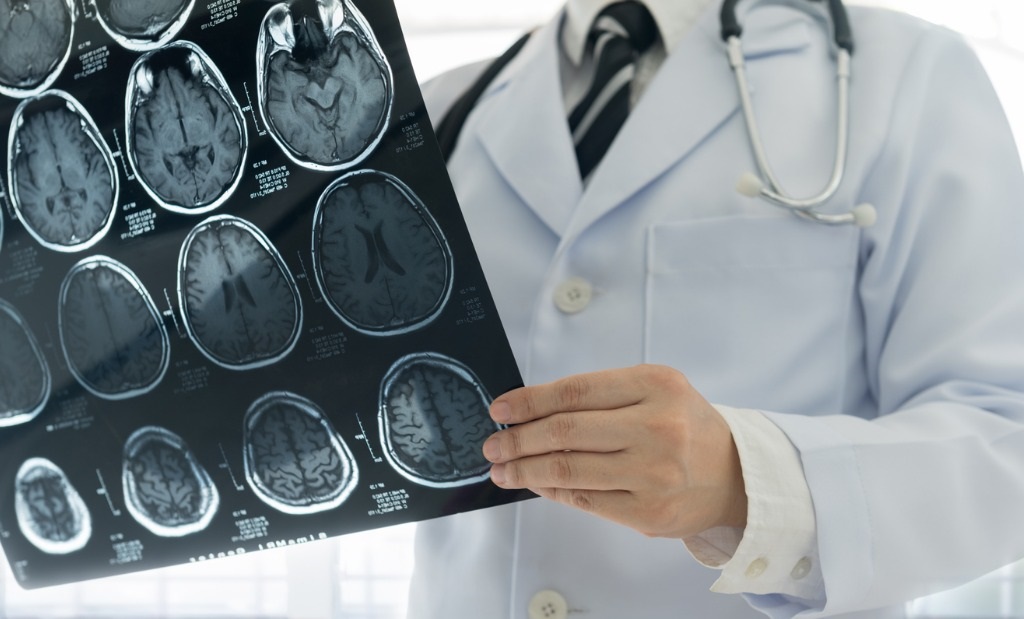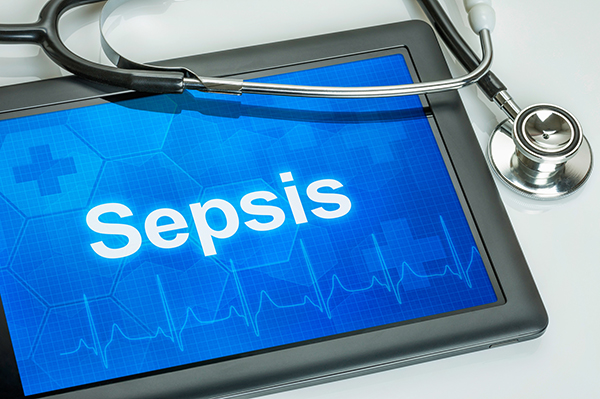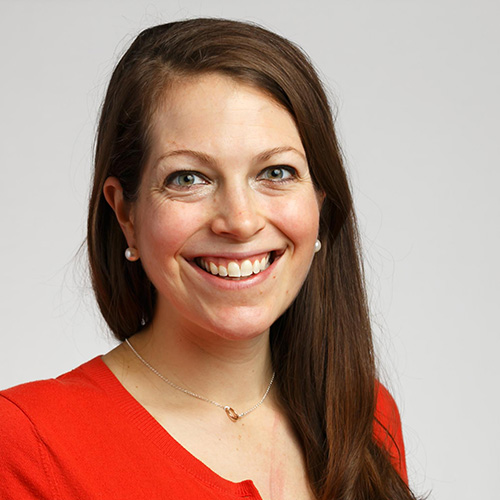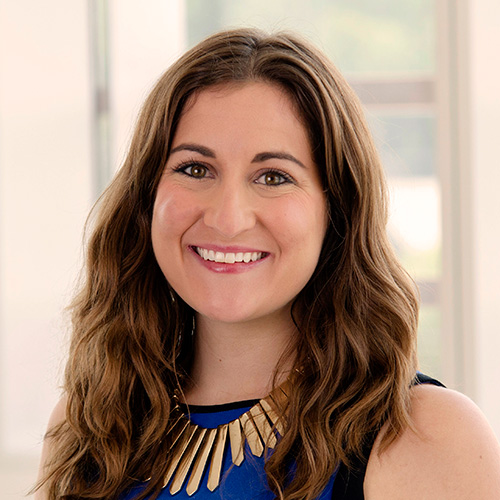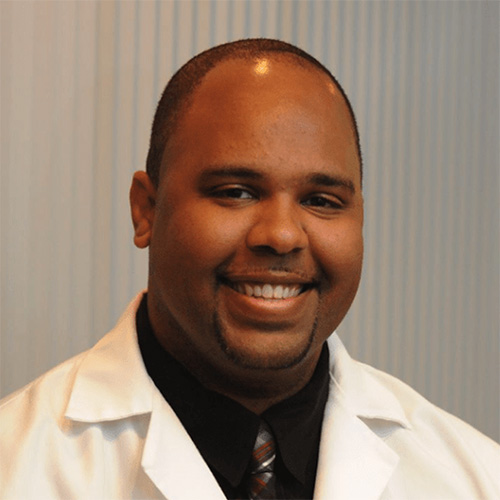Lauren Westafer, DO, MPH, MS
@LWESTAFER
Assistant Professor, Department of Emergency Medicine
Co-director, EM Research Fellowship
University of Massachusetts Medical School-Baystate
In an era when FOAMed is pandemically important, Lauren Westafer remains at the forefront, working to ensure solid research translates not just to understanding but also to practice. In addition to championing research, Dr. Westafer lectures internationally on social media in medical education, critical appraisal and journal club design, pulmonary embolism, and advancing the quality of health carefor LGBTQI+ patients.
More than 200 applications were reviewed by the selection committee, comprising Chair Omar Maniya, MD, MBA, with Hannah Hughes, MD, MBA; RJ Sontag, MD; Venkat Subramanyam, MD; Erik Blutinger, MD, MSc; Sophia Spadafore, MD; Karina Sanchez, MD; and Jazmyn Shaw, MS-IV. The selection committee was blinded to EMRA and/or ACEP membership status. Care was taken to ensure both a diverse applicant pool and awardee group. For any questions, contact us at emra@emra.org.
Related Content
